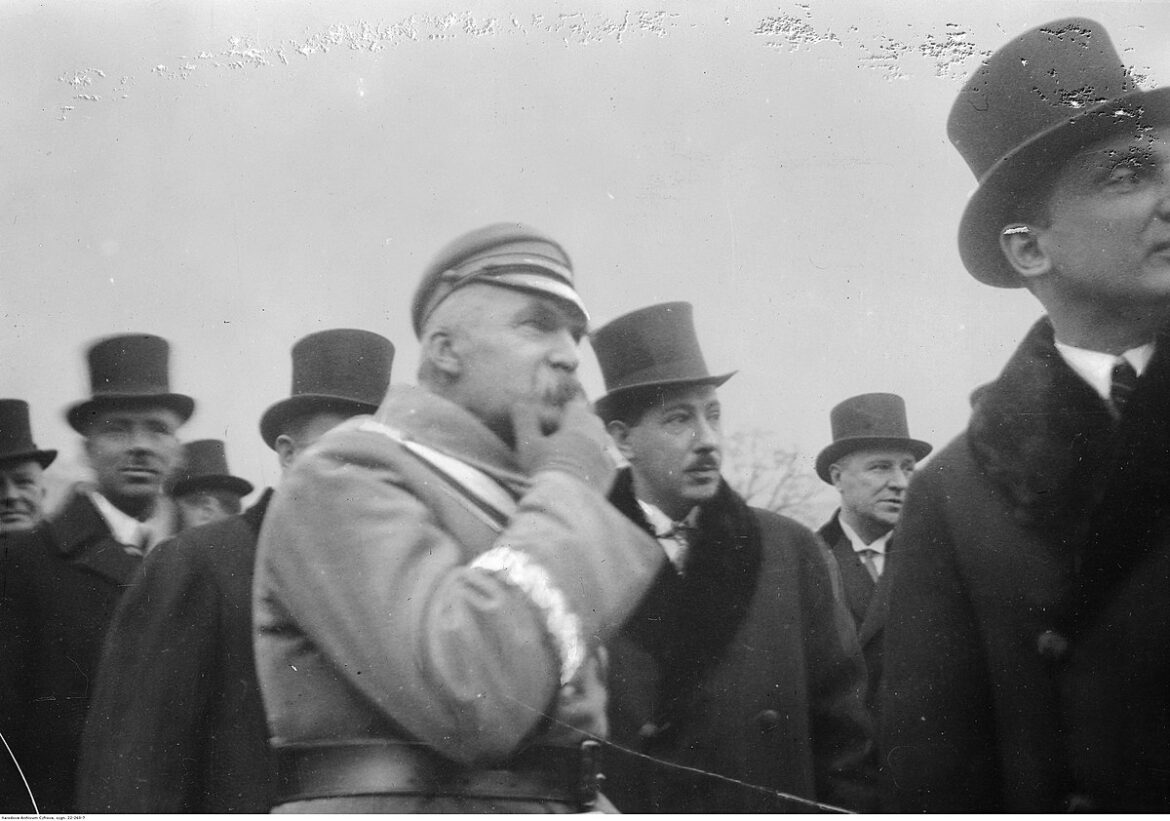Eugeniusz Kwiatkowski was born on 30th December 1888 in Kraków. He studied chemistry in Lwów (today’s Lviv) and Munich. During World War I, he was a soldier of the Polish Legions and the Polish Military Organisation.
In 1923, he became technical director of the Nitrogen Works in Chorzów, where he met the future President of the Republic of Poland, Ignacy Mościcki. This allowed him to become part of the power elite and soon he became Minister of Industry and Trade, later Deputy Prime Minister and Minister of the Treasury. He contributed to the acceleration of the construction of the port in Gdynia, created plans for the modernisation and development of Poland through industrialisation, and supervised the construction of the Central Industrial District.
He published works on the economy, such as “Dysproporcje. Rzecz o Polsce przeszłej i obecnej” (1932). He ended them with the words: “For this place of Europe, in which Poland is situated, there can exist only a strong, governed state, aware of its difficulties and its purpose, free, developing exuberantly the individual values of every man, and therefore democratic, compact and organised, solidary and internally strong, evoking respect on the outside, imbued with the values of culture and civilisation, a modern, Western state, multiplying its own material and moral values in the effort of work…”
In the late 1930s he said: “Poland does not want to seek its living space in the form of spoils from other nations. We create it ourselves, building Poland up. Every new workshop, every new investment, every ship under the Polish flag is our Lebensraum’. Although the world crisis affected Poland more than other countries, Kwiatkowski announced a 4-year investment plan, followed by a 15-year programme for the country’s development at the end of 1938. These intentions were thwarted by the attack on Poland by Germany and the Soviet Union in 1939. After the outbreak of war, Kwiatkowski was evacuated to Romania and interned. After the war, he returned to Poland, intending to participate in the reconstruction. The communist authorities initially allowed him to lead the development of the Coast, but already in 1948 they took away his position and sent him into compulsory retirement. He died on 22 August 1974.





